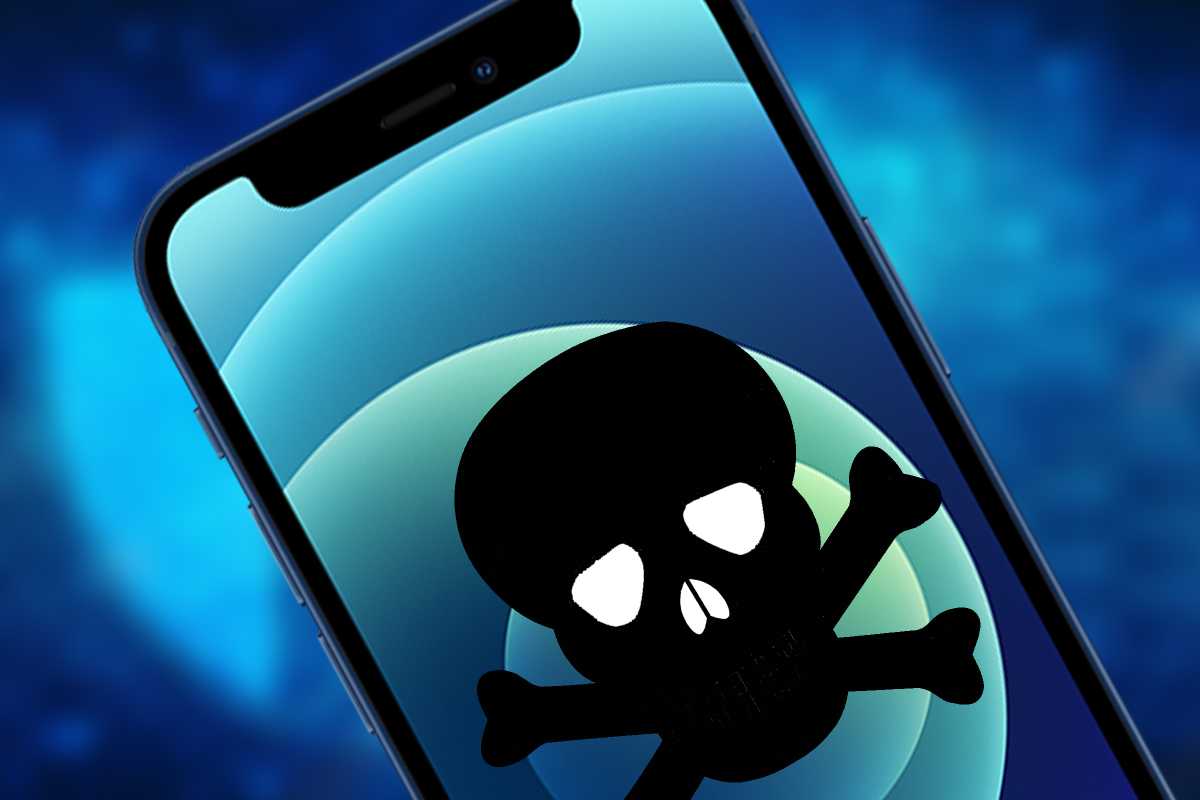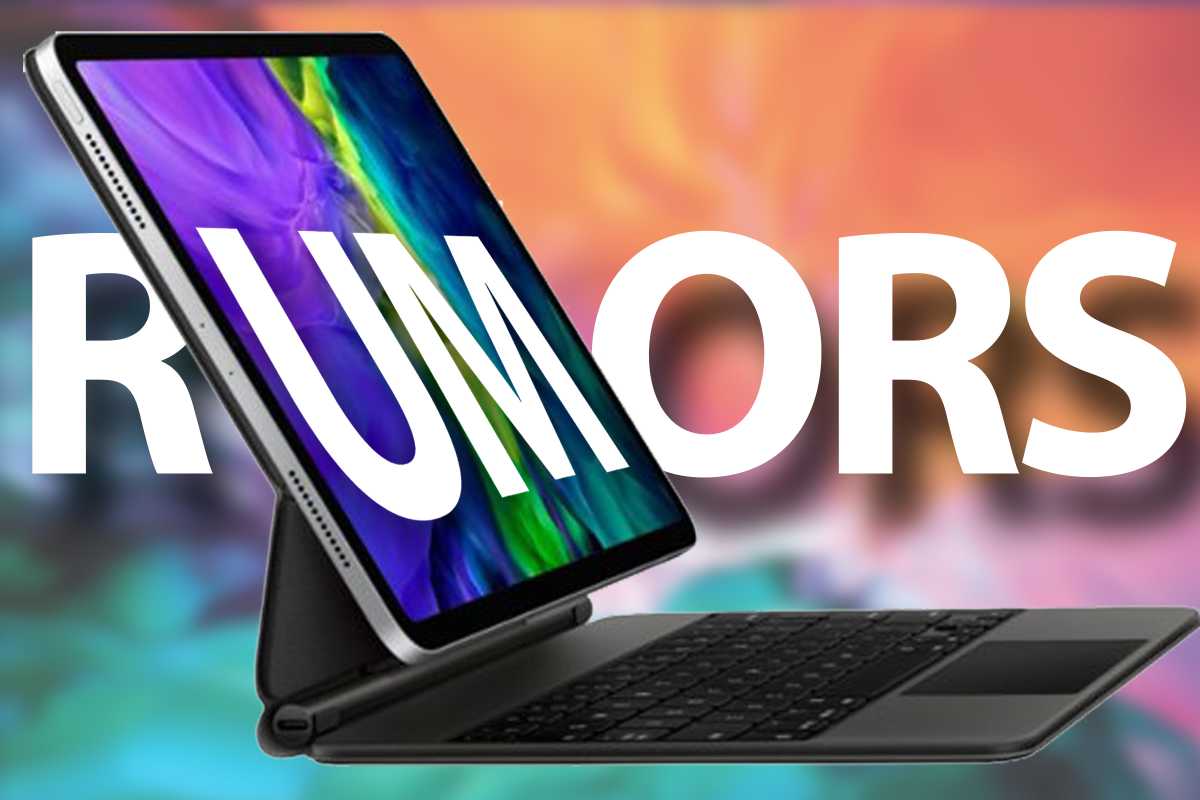Welcome to the new home for Apple Breakfast! If you’re a reader of Macworld’s UK site, you’ll recognize this column that will now appear on Macworld.com every Saturday. If you’re new, this is our weekly collection of all the Apple news you missed this week, in a handy bite-sized roundup. We call it Apple Breakfast because we think it goes great with a weekend cup of coffee or tea, but it’s cool if you want to give it a read during lunch or dinner hours too.
Out of the (legal) frying pan and into the (legal) fire
Barely a week goes by these days without news of Apple getting itself into some legal scrap or other.
In the past we’ve had long-running epics (pun intended), such as the battle with Epic Games, which we spent much of 2020 and nearly all of 2021 writing about, or the series of patent suits with Samsung that took up the first half of the last decade and earned me my first and so far only gig as a nervous talking head on live TV.
But away from the blockbuster sagas it’s nice to know that Apple hasn’t lost sight of the smaller mom-and-pop lawsuits that make this country great. Such as Cydia’s suit accusing Apple of monopolistic behavior and “consistently [trying] to snuff out alternative app stores”: it was filed in December and has already been dismissed. For now, at any rate. The plaintiff has until 19 January to file an amended complaint, so Apple isn’t completely out of the woods.
Or the class action suit filed this week accusing Apple and Google of antitrust violations. It’s alleged that Apple agreed not to develop its own search engine provided it continued to be paid to use Google’s in Safari, and to actively discourage potential competitors. The plaintiffs hope to see the two technology giants split up into smaller companies; it’s good to dream big.
These are our first legal updates of 2022, but they are extremely unlikely to be our last. Tune in next week to read about Craig Federighi tripping over and suing his own feet.
Three trillion reasons why
Not much more than a year since passing a market cap of $2 trillion, Apple this week officially logged a theoretical value of $3 trillion (albeit briefly) for the first time in its history, or indeed in the history of any company in the world. (Ignore the chat about the Dutch East India Company. Those guys ain’t all that.)
Numbers like this are hard to get your head round, and also don’t matter a huge amount in the grand scheme of things. But it’s probably fair to say that, after what was apparently a “modest” year, the Macalope thinks it’s time to reset our expectations of Apple. To include the fair treatment of developer partners, for example.
Video of the week
When the transition to Apple Silicon was announced, Apple said the shift would last two years. Now, it looks like it could wrap up by June. That means users could see more Apple Silicon-powered Macs in the next few months.
In the video embedded below, Michael Simon and Ken Mingis join Juliet Beauchamp to discuss what’s coming — and what Apple’s brief $3 trillion valuation means.
News in brief
The new year is a time for hope, but also for thinking about the inevitable end of all things: Michael Simon rounds up five products that may be on Apple’s kill list in 2022.
Possibly bad news for Mac fans: John Wilcox, the man responsible for the Apple silicon transition now works for Intel.
Intel tricked iMessage into running on a PC in a mind-blowing demo during its CEO keynote this week. Speaking of which, here are 5 iPhone and Mac products from CES that you need to see [https://ift.tt/3HAghoo].
Dell has somehow managed to make a Touch Bar on its new laptop that’s worse than the one on the MacBook Pro.
The iMac G4, also known as the iLamp, is still amazing after 20 years. Roman Loyola has posted an in-depth and picture-heavy love letter to the greatest Mac Apple ever made.
We explain how the iPhone finally killed Blackberry and why it didn’t have to go down the way it did.
Thiago Trevisan explains why the Apple silicon Mac Pro will be more than just a faster chip.
When it comes to important software features, waiting is better than being disappointed by something punctual that doesn’t work. Apple should embrace delays, Samuel Nyberg writes in this week’s controversial Different Think column.
Anders Lundberg explains why everyone is wrong about Apple’s VR headset.
What are the differences between Apple Music and the cheaper Apple Music Voice Plan, and which should you plump for? Martyn Casserly breaks down all the high (and low) notes.
Software, bugs & other issues

IDG
Security researcher Trevor Spiniolas has discovered a bizarre bug in HomeKit that could render your iPhone completely unusable. The bug is triggered by devices added to a home network being given new and extremely long names, and was only partially fixed in iOS 15.1. Even iOS 15.2 devices are not immune.
A bug in iOS and iPadOS is preventing ‘Send Read Receipts’ in Messages from being turned off. Glenn Fleishman investigates.
The rumor mill

IDG
The hotly anticipated mixed-reality headset expected to roll out of Apple Park by the end of this year will have not one, not two, but three screens, according to reports.
The iPhone 14 will have a punch-hole for the front-facing camera instead of a notch, according to the usually knowledgable Mark Gurman. Mind you, we’ve heard this one before. Dylan DKT, a credible Twitter source, adds further details.
Jason Cross rounds up everything coming from Apple in January 2022.
And with that, we’re done for this week.
If you’d like to get regular roundups, sign up for our newsletters. You can also follow us on Twitter for breaking news stories. See you next Saturday, enjoy your weekend, and stay Appley!
from Macworld.com https://ift.tt/3q4YBvg
via IFTTT